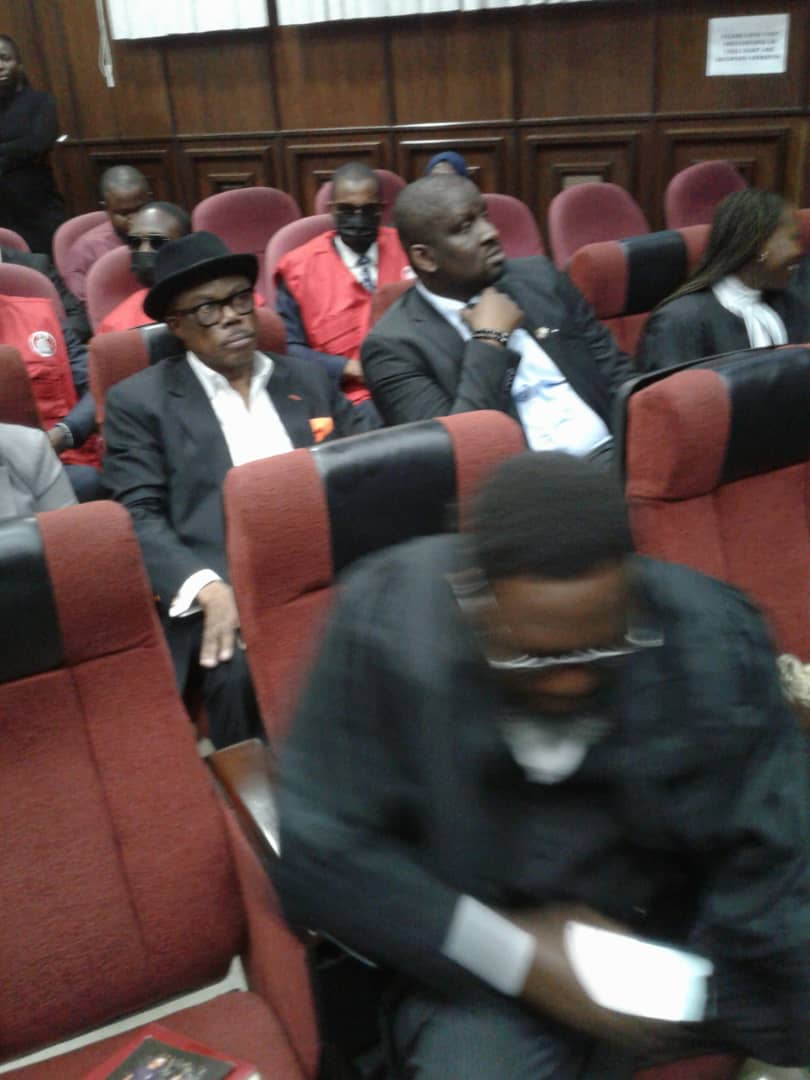The ECOWAS Court of Justice has commenced a week-long sensitization and training program for lawyers in Accra, the Ghanaians capital over the weekend.
The training is on its newly implemented Electronic Case Management System (ECMS).
Among other things, it aims at equipping legal practitioners with the necessary skills to navigate the Court’s innovative digital platform.
While making opening remarks at the event, President of the ECOWAS Court of Justice, Hon. Justice Edward Amoako Asante, expressed gratitude to the Almighty and extended warm greetings from Abuja, Nigeria, the seat of the Court.
He acknowledged the hospitality of the government and people of Ghana, and specifically thanked Her Ladyship the Chief Justice of the Republic of Ghana and the Honourable Attorney General and Minister of Justice.
Speaking further, Justice Asante highlighted the historical context of the ECOWAS Court of Justice, established under the Lagos Treaty of 1975 and operational since 2001.
He emphasised the Court’s expanded jurisdiction to include human rights cases since 2005, underscoring its crucial role in upholding fundamental human rights, the rule of law, and good governance within the ECOWAS region.
The President outlined the Court’s efforts to enhance access to justice through digitalisation, accelerated by the COVID-19 pandemic saying that the adoption of the 2020 Practice Directions on Electronic Case Management and Virtual Court Sessions marked a significant shift towards technological solutions. These innovations have now become permanent features, including online filing of legal documents, electronic service of documents, and virtual court sessions via platforms such as Zoom and Microsoft Teams, the president explained.
Justice Asante said that the introduction of the ECMS represents a further commitment to modernizing judicial processes, aiming for greater efficiency and accessibility, adding that the system supports electronic filing, automatic electronic service, and comprehensive electronic management of cases.
“With 24/7 access through a user-friendly portal available in English, French, and Portuguese, the ECMS facilitates real-time case information, court notifications, and hearing schedules, enhancing transparency and reducing costs,” he emphasised.
This sensitisation and training program in Accra is the second of three planned events, following a successful session in Lomé, Togo, and preceding an upcoming session in Praia, Cabo Verde. Conducted in a hybrid format, these events ensure broad participation from lawyers across ECOWAS member states, both in person and online.
Justice Asante thereafter reiterated the Court’s dedication to building a more accessible and effective justice system for the community.




